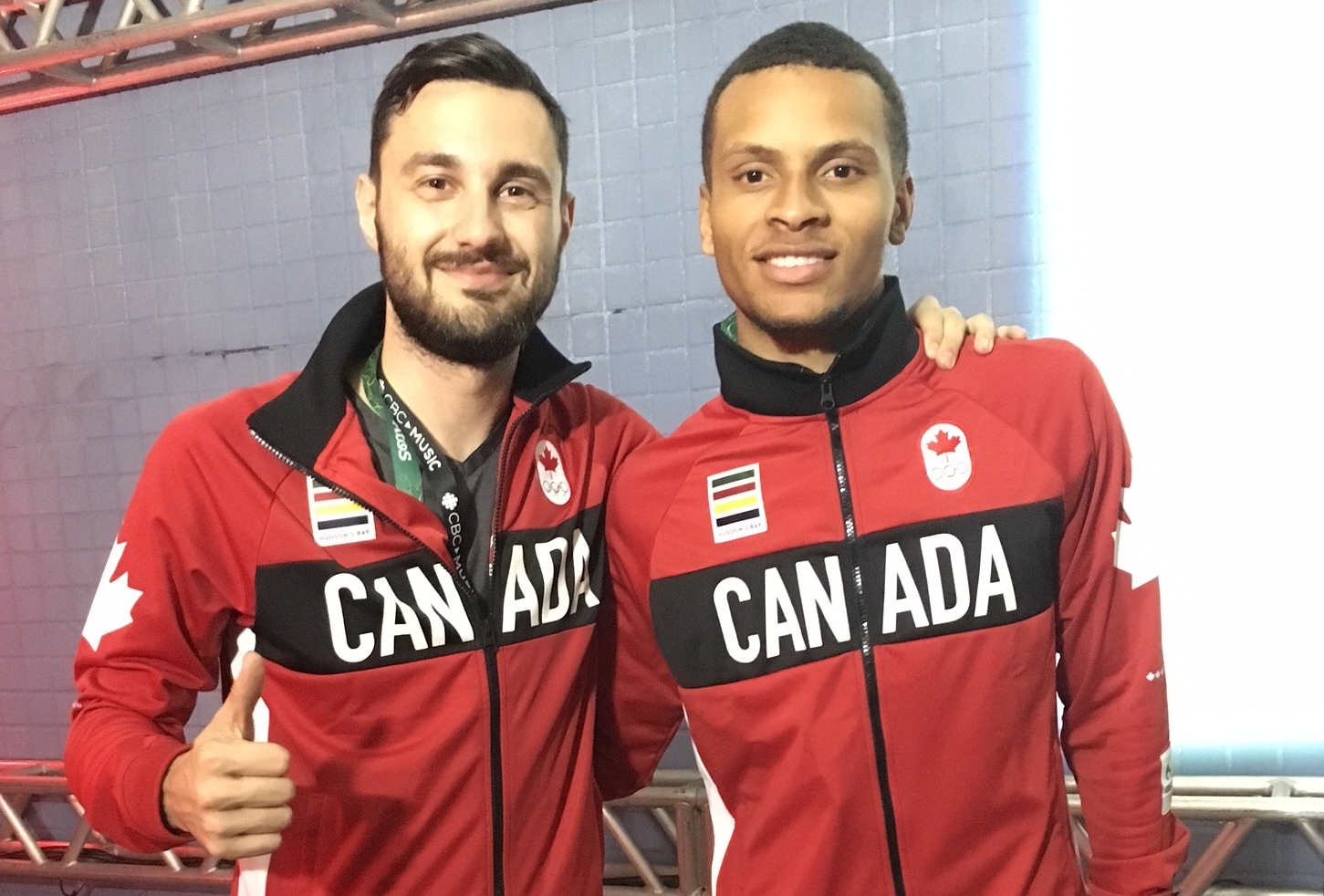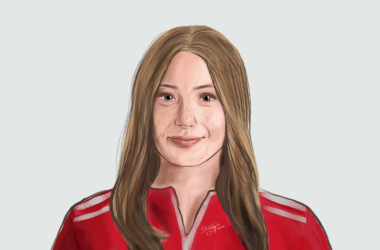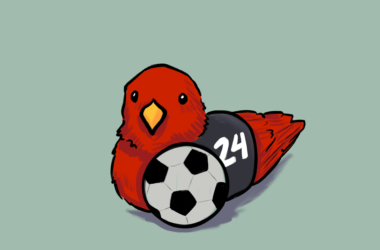“I was more of a full-time athlete and did part-time school,” 2014 McGill Management graduate Joseph Polossifakis said, laughing. “[At McGill] my schedule was: Ten to 12 practice, one to four school, five thirty to seven thirty [practice]. After getting home […] that day of work, I just wanted to sleep, but of course I had to then start homework and studying. It was a tough couple of years.”
The hard work clearly paid off. Last month, Polossifakis found himself in the final round of 32 at the 2016 Rio Olympics fencing competition. Four years earlier, he almost gave up on fencing after missing out on the 2012 London Olympics.
“It was honestly a lot of stubbornness that kept me in the sport,” Polossifakis said. “When I didn’t qualify for London 2012 by a small margin, I almost stopped. I always had a lot of good times, and then some subsequent setbacks which led to me asking myself if I wanted to continue. […] I just didn’t want to quit before I had achieved what I set out to do, I would have felt a lot of regret otherwise.”
Polossifakis graduated from McGill in 2014 with a commerce degree. He has always had to balance life and fencing, something that required an unusual amount of sacrifice and determination. Between 2014 and 2015, he missed a year of competition due to a concussion. Throughout his career, he’s endured numerous back injuries and torn ligaments in both his ankle and his meniscus.
“Perseverance is number one thing for any olympic athlete,” Polossifakis explained. “It’s funny because everyone, any athlete you speak to at the Olympics, has a story that is terrible. Everyone who gets there is very humble and humbled to get there.”
Polossifakis relished the Olympic experience, even though he was knocked out in the round of 32 by Aliaksandr Buikevich of Belarus. He loved the energy of living in the Olympic village, as well as the chance to brush shoulders with the world’s best athletes. Team Canada had a particularly tight knit group throughout the Games.
“I went to see some diving, synchro swimming, went to watch tennis, and saw some wrestling. It was especially fun when you get to watch a fellow Canadian competing and get to cheer them on,” Polossifakis said. “I was able to go to the 100M men’s final for track and field, as well as the 4x100M relay. It was amazing to able to watch Andre De Grasse and see him do so well. It was also cool because there was definitely mingling with everyone regardless of popularity, I was able to talk to De Grasse for a bit and get to take a picture.”
Polossifakis explained that athletes were relatively insulated from the controversies surrounding the Rio Games. Most of the participants were cooped up in the Olympic village, away from the fairly damning media coverage at the start of the games.
“Us athletes were practically in a bubble in the Olympic village so we weren’t exposed to a lot of the harsher realities in Brazil,” Polosifakis said. “Zika was a bit overblown–I didn’t hear of anybody getting it. In terms of political crises, there were a couple of rallies at Copacabana. The venues were, for the most part, ready. […] The only issues that really arose were little logistic things [….] Overall, the games from that standpoint ended up being higher than the fairly low expectations.”
Polossifakis’ life-long affair with fencing started in high school in the sabre discipline. He was the only one of his group of 25 co-fencers to advance to the Olympic level. He was very single minded in his pursuit of fencing’s highest honours, and that led to a good–though somewhat truncated–experience at McGill.
“A couple of years after [the London Olympics], I slowed down and did school full-time and got time to complete my Bachelor of Commerce in five years,” Polossifakis said. “I was happy to get to class sometimes, since I’d be gone three weeks at a time, due to competition or training camp.”
This allowed Polossifakis to get fully involved in life in the Desautels Faculty of Management. It also allowed him to make friends within his program.
“When I didn’t qualify for London and chose to do school full-time, I decided to get more involved in things like the JDC case competition through Desautels, and ended up doing case competitions and a thing called Case League,” Polossifakis explained. “Doing the JDCC allowed me to meet a lot of new people, which was great. It was especially nice for me because I had to make a lot of new friends since a lot of them were graduating and I had to complete my degree in five years, due to the time I missed doing competitions and training.”
Like most Desautels students, Polossifakis had the option of going to Super Sandwich for lunch. Unfortunately, he had to resist the temptation and opt for healthier options.
“It was hard because I was always running in-between places, a lot of my friends would go across to Super Sandwiches for lunch,” Polossifakis explained. “I tried my best to get salads or have sandwiches prepared. Unfortunately, there aren’t many healthy options around campus. I even thought of opening a healthy food store at one point.”
Nonetheless, Polossifakis found a way and often went to Subway to get salad and chicken for lunch.
He believes in the value of fencing for young people. In his own words, “the sport allows you to learn a lot through tough situations; sabre makes you deal with wins and losses every day.” However, he believes that many other countries have better grassroots fencing programs in place than Canada.
“The sport is very well-funded in a lot of countries: South Korea is very good, Russia has an extremely good system, along with Italy. It’s quite a cut-throat sport, since there are 215 people in a usual competition and only 32 people in [the] olympics,” Polossifakis explained. He believes that Fencing Canada needs to target a younger age group and get them interested in the sport.
“[In Canada] fencing really lacks a lot of presence in elementary and high schools, so kids are not exposed to it young enough,” he explained. “There are not enough programs in place in Canada. Kids get interested when seeing it but don’t know where to go to do it. Some people are starting to do it, but we need more coaches to get trained and do it. We need to maybe introduce it into curriculum and after-school programs, especially in Quebec.”
Polossifakis will continue with the sport, hopefully until the Tokyo Olympics in 2020. He has caught the Olympic buzz and wants to experience it again.
“I absolutely want to go [to Tokyo],” he explained. “It looked amazing from what they showed us during the closing ceremonies. I plan on continuing fencing, while also starting to work this year to get my back-up plan going since I obviously can’t be a fencer forever. [But] I was so happy to be at the olympics, and I want to try as hard as possible to get that feeling again.”








